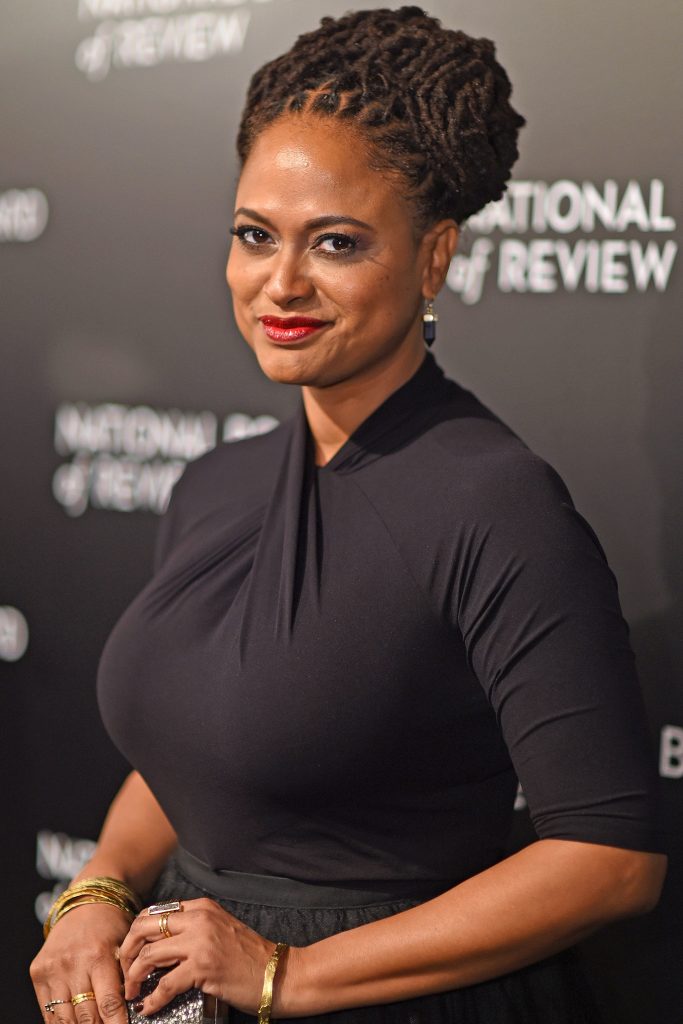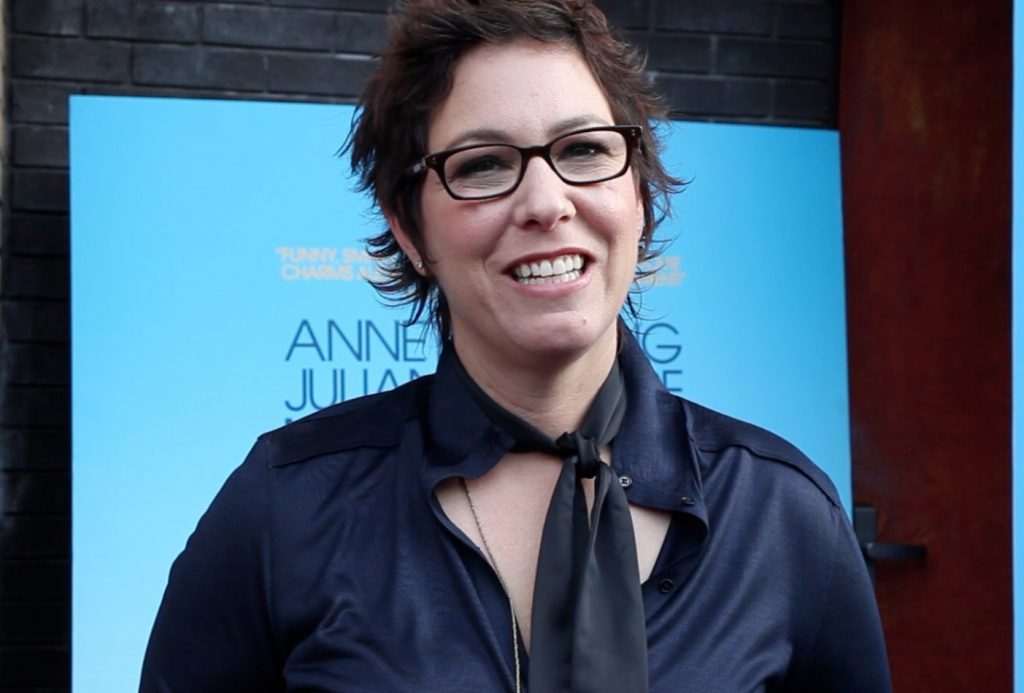 Recently I pared down my home library significantly (a painful but crucial ritual for any bibliophile). One book that made the cut surprised some of my friends: Spike Lee’s Gotta Have It: Inside Guerrilla Filmmaking, the memoir/journal published by Spike Lee upon the release of his first film. (Sadly, it is now out of publication.) I was surprised they were surprised. Anyone interested in real independent cinema and the culture of resistance should consider this book a must-read.
Recently I pared down my home library significantly (a painful but crucial ritual for any bibliophile). One book that made the cut surprised some of my friends: Spike Lee’s Gotta Have It: Inside Guerrilla Filmmaking, the memoir/journal published by Spike Lee upon the release of his first film. (Sadly, it is now out of publication.) I was surprised they were surprised. Anyone interested in real independent cinema and the culture of resistance should consider this book a must-read.
What makes Lee’s book even more precious is the lamentable dearth of strong helmer memoirs. On one level, this makes sense because directors’ best efforts usually are reserved for the big screen. Yet most possess a unique, increasingly necessary perspective on the balance of commerce, art, and, yes, passion. (Not even a Marvel movie can get made without a powerful personal commitment.) Not everyone may be dying to learn the backstory of, say, Michael Bay, but an account of the fortitude required to make a four-hour, big studio-financed film about warring factions of the American Communist Party, as Warren Beatty did with “Reds,” sounds like a terrific self-help book and war story all in one. The irony, of course, is that the notoriously taciturn Beatty would probably write a terrible memoir – his wanton bachelor days required a cone of silence – but directors tend to be wonderfully colorful when they do talk out of school. Here are four memoirs I’d gladly keep in my personal library.
MARTIN SCORSESE
I know, I know: Go out on a limb, why don’t I? But I’d give my eye teeth to read Scorsese in his own words. (I once interviewed the Italian-American “Good Fellas” director for a video archive and only asked one question before he talked for a full forty-five minutes.) Given his background as an asthmatic kid growing up on the mean streets of Little Italy, his immersion in the coke-fueled playground of 1970s Malibu, his unparalleled commitment and command of the history of cinema, and his brilliantly layered, intensely charismatic films starring everyone from Robert De Niro to Liza Minnelli, I want to hear everything this man cares to put to paper. Frankly, I’d read five memoirs by him.
AVA DUVERNAY
She may not be an American household name yet, but I’m convinced she will be. It’s not just that the forty-four-year-old California native managed to make a brilliant film about Martin Luther King Jr. that worked both as an impetus for peaceful social protest and as a clear-eyed homage to the most important activist of the twentieth century. It’s not just that her latest film, “13th,” brilliantly links the war on drugs, the Central Park Five, Jim Crow, Willie Horton, police shootings, mandatory minimum sentences, and a host of other topics to this country’s history of slavery and the peculiar phrasing of the Thirteenth Amendment. It’s not just that she’s working on a much-anticipated adaptation of the grooviest sci-fi YA book of all time, A Wrinkle in Time. It’s not even that she came up through the ranks as a publicist though the jump from publicist to helmer is notoriously difficult, or that the Academy’s failure to give her a nod for “Selma” helped launched the #oscarsowhite campaign. It’s that DuVernay is a thoughtful, compelling speaker whose interviews often launch as much fruitful debate as her films. Her story is one we all should read.
CHARLIE KAUFMAN
True story: I once got stuck for two hours in an Urbana, Illinois, airport with the “Anomalisa” writer/director. (It was tornado season in the Midwest.) Half of what he told me were lies (no joke, he fibbed about his birthdate, not birth year) but the lies were even more delightful than his true tales (mostly about raising chickens and children, in that order). When we finally boarded the plane, I was convinced of only one thing: The most compelling screenwriter of the Aughts may be experiencing a bit of a career dip (his last two endeavors were not as warmly received as “Being John Malkovich” and “Eternal Sunshine of the Spotless Mind”) but he could craft the most amusing, affecting reinvention of the memoir this country has ever seen. Look out, Heartbreaking Work of Staggering Genius; there’d be a new meta-physician in town.
LISA CHOLODENKO
The writer/director of “High Art,” the elegantly groundbreaking catalog of heroin, lesbian love, and ‘90s Brooklyn counterculture, and “The Kids Are All Right,” the comedy of manners about lesbian marriage, child-rearing, and  infidelities is arguably one of our country’s most influential queer filmmakers. Yet she’s only managed to make three films, in between which she directed episodes of some of our most groundbreaking premium cables series, including “The L Word” and “Six Feet Under.” Given that her witty, wily dialogue and plotting is as searing as her eagle eye, I have no doubt a memoir from her would grant us a new appreciation for the challenges and champions of queer womanhood and artistry. Plus: Did you know she’s married to “Wendy Melvoin”? Yep, the Wendy of Prince’s Wendy and Lisa. Oh the stories Cholodenko could tell!
infidelities is arguably one of our country’s most influential queer filmmakers. Yet she’s only managed to make three films, in between which she directed episodes of some of our most groundbreaking premium cables series, including “The L Word” and “Six Feet Under.” Given that her witty, wily dialogue and plotting is as searing as her eagle eye, I have no doubt a memoir from her would grant us a new appreciation for the challenges and champions of queer womanhood and artistry. Plus: Did you know she’s married to “Wendy Melvoin”? Yep, the Wendy of Prince’s Wendy and Lisa. Oh the stories Cholodenko could tell!
This was originally published on Signature.
